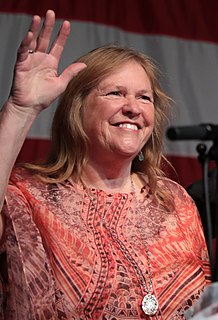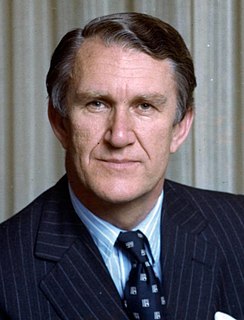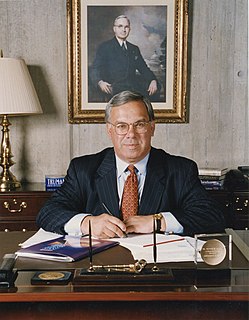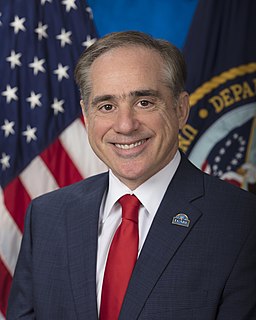A Quote by Maria Bartiromo
When we talk about inequality in America, the great health centers being able to care for people who don't have means is really important. If you combine the research missions of these academic institutions with great clinical care, you get better clinical outcomes.
Related Quotes
But full sequencing? No. Very hard to interpret. At some point probably we'll all have that opportunity but most of what's there will be stuff that we don't know what to say much about. So it's a great research tool, but for clinical purposes to advise somebody to practice better health maintenance, it's not necessarily gonna be a big one for a while.
We are unique among advanced countries that we don't have universal health care. My hope was that I was able to get a hundred percent of people health care while I was president. We didn't quite achieve that, but we were able to get 20 million people health care who didn't have it before. And obviously some of the progress we made is now imperiled because there's still a significant debate taking place in the United States. For those 20 million people, their lives have been better.
What the Affordable Care Act started was a change in the American health care system from paying for procedures to paying for outcomes, paying for health. Other nations have already made that move. We pay for procedures and we get the best procedures in the world and we get the most procedures in the world, and then we spend a huge chunk of our GDP on health care, but we don't have the best outcomes.
One of the things we need to do is address mental health care as an integral part of primary care. People often aren't able to navigate a separate system, so you see successful models where a primary care physician is able to identify, diagnose, and concurrently help people get mental health treatment who have mental health issues.
In comparison to the U.S. health care system, the German system is clearly better, because the German health care system works for everyone who needs care, ... costs little money, and it's not a system about which you have to worry all the time. I think that for us the risk is that the private system undermines the solidarity principle. If that is fixed and we concentrate a little bit on better competition and more research, I think the German health care system is a nice third way between a for-profit system on the one hand and, let's say, a single-payer system on the other hand.
We have about 360,000 employees in the VA health care system. It's the largest health care system in the country. And the negative attention that's been put on VA has hurt the morale of our workforce. And so what we're trying to do is to get people to understand that we're doing great work every day.
































